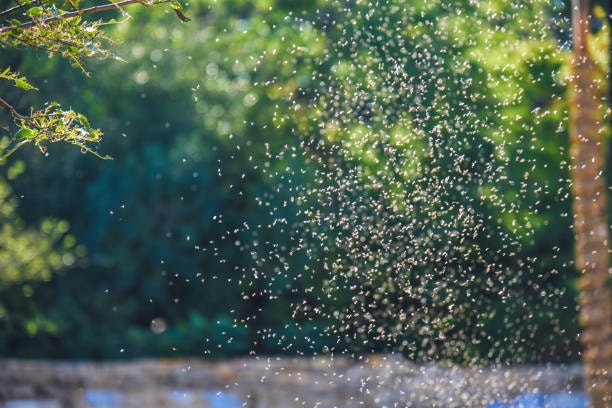Mosquitoes Are Adapting to Climate Change, Threatening Disease Control Efforts

As global temperatures rise, mosquitoes are evolving to survive in hotter conditions, potentially reshaping the spread of mosquito-borne diseases like dengue, malaria, and Zika. A new study published in Proceedings of the National Academy of Sciences reveals that some mosquitoes can genetically adapt to higher temperatures, contradicting predictions that climate change would reduce their populations in warmer areas.
🔬 Key Findings:
✔️ Mosquitoes exposed to prolonged heat develop genetic mutations that help them tolerate high temperatures.
✔️ These adaptations allow mosquito populations to thrive in places once too hot for them.
✔️ Warmer conditions expand the range of disease-carrying species, increasing the risk of outbreaks in new regions.
This research challenges the assumption that mosquitoes will decline in extreme heat—instead, they are evolving to withstand rising temperatures. The study warns that while some species may struggle in hotter conditions, others could expand their reach into new areas, bringing the risk of West Nile virus, Zika, and malaria to places previously unaffected.
💡 What Can Be Done?
✅ Continue mosquito control efforts despite changing climate predictions.
✅ Strengthen monitoring and research on mosquito adaptation and disease patterns.
✅ Promote public awareness and encourage preventive measures to limit mosquito breeding.
With mosquitoes evolving faster than expected, proactive prevention and research are critical to staying ahead of potential disease outbreaks. Let’s not underestimate nature’s ability to adapt—mosquito control is more important than ever!
